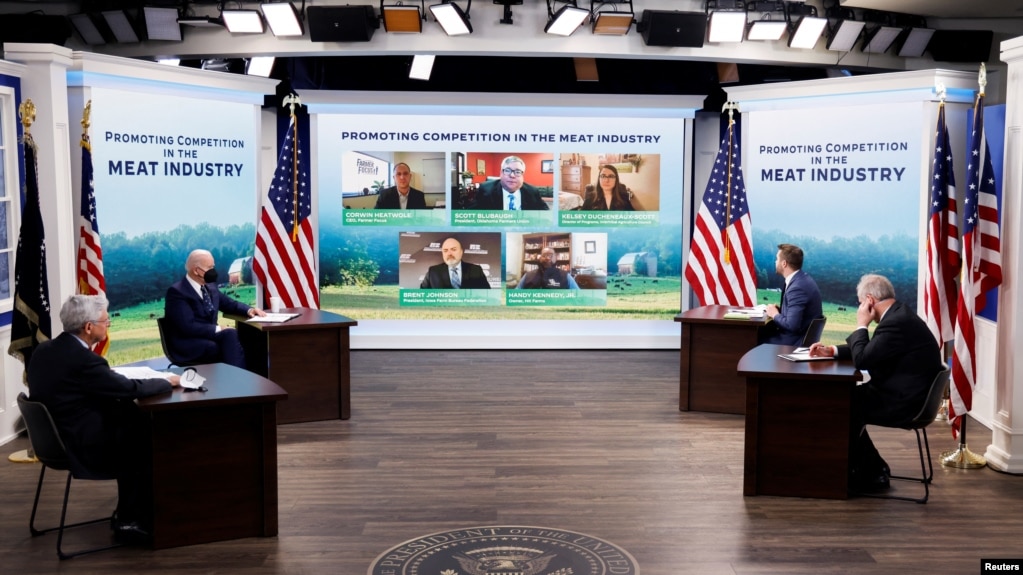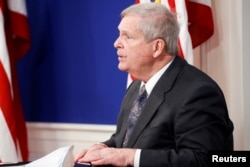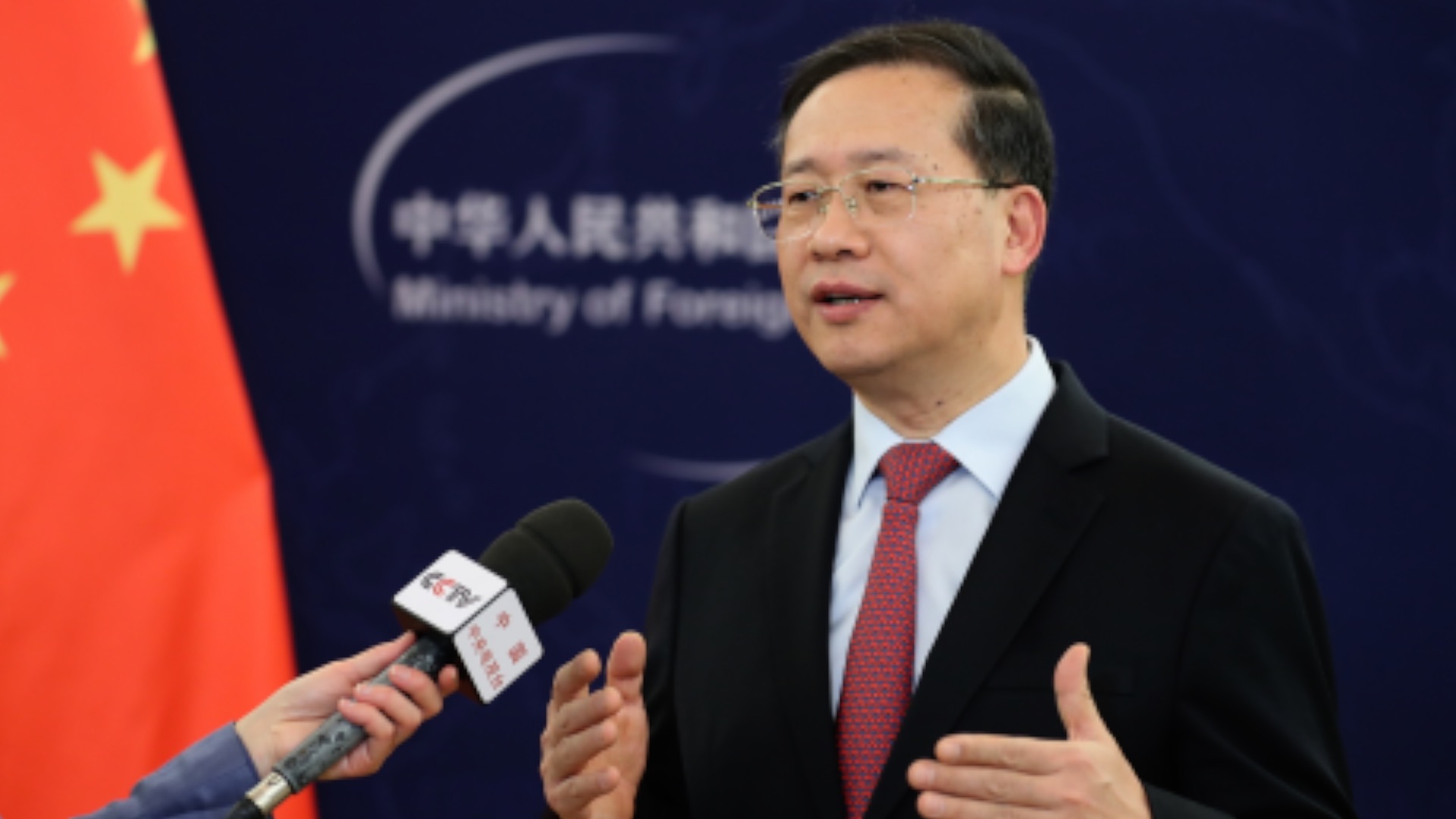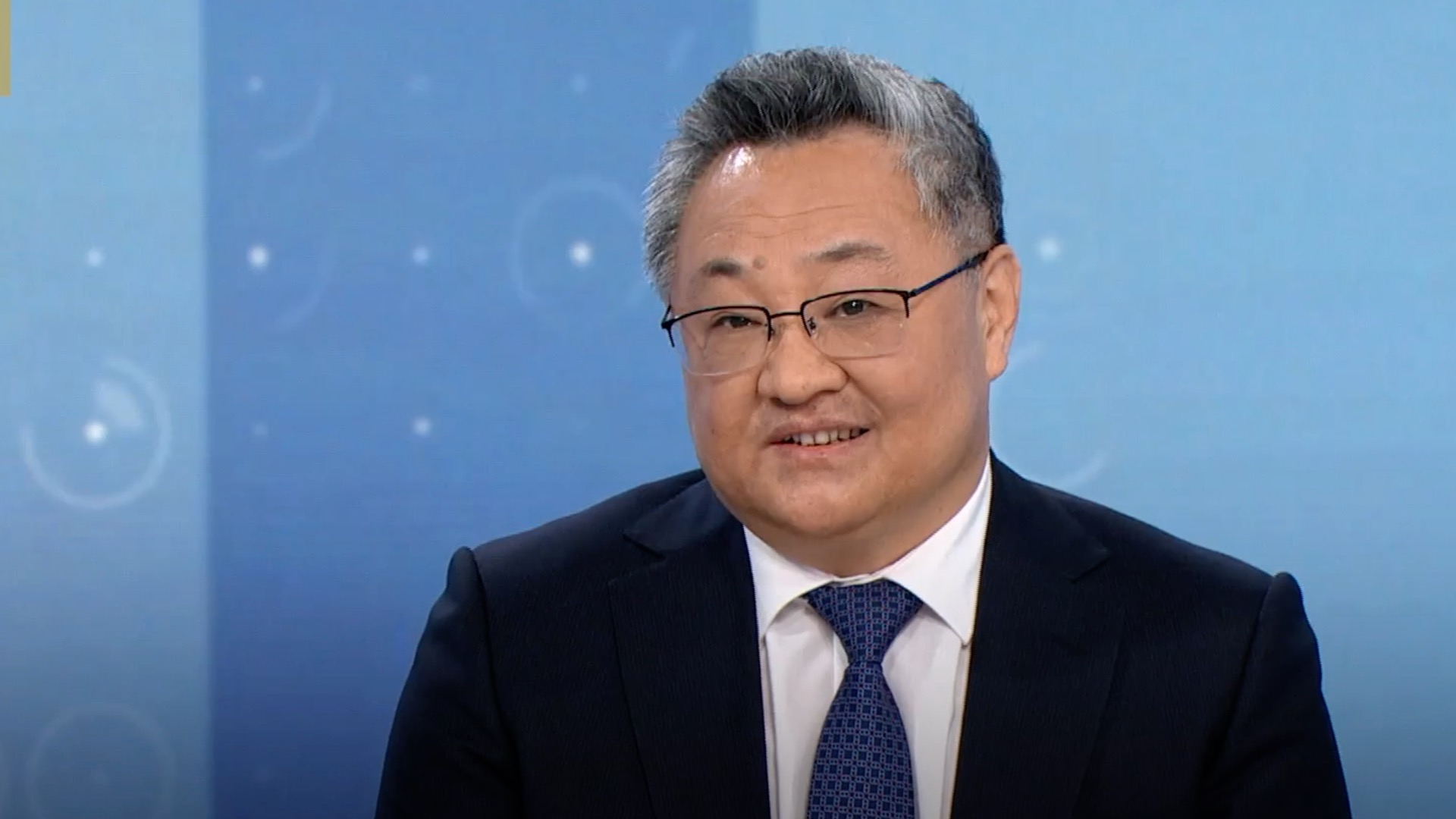Dylan Stableford and Kate Murphy
December 21, 2021
Dr. Anthony Fauci says he and his family continue to receive death threats amid inflammatory statements made by critics including Robert F. Kennedy Jr., a prominent anti-vaxxer whose new book is filled with wild claims attacking the nation’s top infectious disease expert.
“It’s very unfortunate because I don’t think he is inherently malicious,” Fauci said of Kennedy in a wide-ranging interview with Yahoo News on Tuesday. “I just think he’s a very disturbed individual.”
The former environmental lawyer’s book, “The Real Anthony Fauci: Bill Gates, Big Pharma, and the Global War on Democracy and Public Health,” was published last month.
“It’s a shame because he comes from such an extraordinarily distinguished family, many members of whom I know personally,” Fauci continued. “I was very close to Sen. Ted Kennedy, who was such an extraordinary person and a real warrior for public health and to have RFK Jr. just spouting things that make absolutely no sense ... I’m so sorry that he’s doing that.”
Fauci added: “Not just because he’s attacking me — that seems to be the rage among some people — but because ultimately it is going to hurt people.”
RFK Jr. responded to Fauci's comments in a statement to Yahoo News late Tuesday, blaming Fauci for “catastrophic mismanagement” of the pandemic and accusing him of “adopting a militarized response to a public health crisis.” He added: “Dr. Fauci’s belief that, as a government official, he should be immune from criticism is contrary to our nation’s democratic traditions.”
Dr. Anthony Fauci at a press briefing at the White House earlier this month. (Kevin Lamarque/Reuters)
Fauci's interview with Yahoo News came a day after Fox News host Jesse Watters encouraged attendees at Turning Point USA’s AmericaFest conference to “ambush” Fauci with questions about the National Institutes of Health’s alleged funding of “gain-of-function” research at the Wuhan Institute of Virology in China.
“Now you go in for the kill shot,” Watters said. “The kill shot? With an ambush? Deadly. Because he doesn’t see it coming.”
Fauci told Yahoo News that such statements are often followed by death threats.
“It even gets accelerated when you have the inflammatory statements that are made, [by] people like RFK Jr. and some of the Fox media personalities,” Fauci said, adding that he finds it “strange that they go unchecked with no consequences for people to say that.”
“And when they do that publicly, that’s when I get more death threats and people harass me, my wife and my children,” he added.
“The only thing I’ve ever said or done is to encourage people to get vaccinated, to wear a mask and to do things that would be good for their health, the health of their family and the health of the community,” he said. “So to get villainized because of that is a sad testimony on our society.”
Fauci was also asked whether he believes former President Donald Trump has the power to change minds among his supporters who refuse to get vaccinated against COVID-19.
“I would think so, because of so many followers that he has — people who hang on his every word,” Fauci said.
In a live interview with Bill O’Reilly on Sunday, Trump revealed that he received a COVID-19 booster shot after previously saying he was not going to get the additional dose — and was booed by a smattering of those in attendance.
“One of the things that surprised me is that when he publicly made that statement, he was actually booed by his followers,” Fauci said. “Which tells me that the depth of the divisiveness in society, where people are so intent on not doing something almost for ideological reasons, without dropping back and taking a look at the big picture — that it’s for one’s own good to protect one’s self, to protect one’s family, but also for your communal responsibility to not allow this virus to run rampant through society.
“So I was pleased that the former president said publicly that he was vaccinated and boosted,” Fauci added. “I was dismayed that even his own followers booed him. It was rather disturbing to see that.”













